Buyer Beware: The Most Expensive Synths of All Time
Some of the most sought-after vintage synths still fetch astronomical prices on the 2nd-hand market. We’re checking out some of the Most Expensive Synths you’ll come across if you’re looking to add these monoliths to your collection.
Vintage synths are great investments, as they keep increasing their value each year. However, it’s still guitars that fetch higher prices by a considerable margin as collector’s items, which is baffling if you compare the circuitry inside the instruments.
The Most Expensive Synths
There are many factors that may drive up the price of a classic synth, but the main one is scarcity of course, as they were often produced in extremely limited numbers.
Almost like Pop Stars, vintage synths gain notoriety through appearing on famous recordings. This appeals to collectors, as they can own a piece of musical history. Meanwhile, artists and producers often desire to bring classic sounds into a modern context.
Roland Jupiter 8
The Jupiter 8 is easily the most recognizable instrument ever created by Roland, both in its look and its prized sound. From its release in 1981, the Jupiter 8 caught on quickly as an alternative to the SC Prophet 5.
Its 8-voice subtractive architecture creates the present and warm sound we know from some of our favourite hit records from the 1980s. What’s more, the Jupiter 8 is easy to program and has great modulation capabilities for an early 80s polysynth.
Because its sound is still relevant, the vintage Jupiter 8s are still bought and sold regularly today. You might be able to find them cheaper on occasion, but they usually sell for anything between $25,000 – $40,000.
- More about Roland
You are currently viewing a placeholder content from YouTube. To access the actual content, click the button below. Please note that doing so will share data with third-party providers.

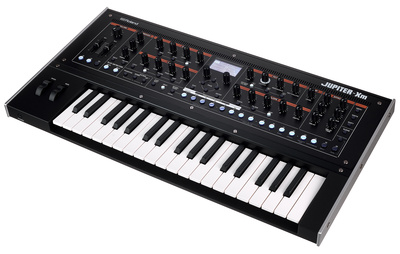
EMS VCS3 (The Putney)
The incredible EMS VCS3 is revered to this day for its creative sound generation capabilities. You can create sounds with warmth and depth, and the unique patch-pin matrix provides a different user experience when building patches.
This quirky mono synth uses 3 VCOs, a Noise Generator, a Ring Modulator, a VCF, a Trapezoid Envelope Generator, a Joy-Stick Controller, and a voltage-controlled Spring Reverb.
While some purists strongly object to the idea, modifications are very popular amongst users of the VCS3. Astonishingly, when it was first introduced in 1969, the VSC3 sold for under £330 but you can expect to pay in the vicinity of $30,000 for one today.
- EMS synths have been used by artists like Pink Floyd and Cabaret Voltaire
You are currently viewing a placeholder content from YouTube. To access the actual content, click the button below. Please note that doing so will share data with third-party providers.

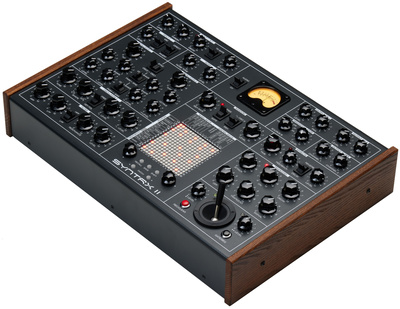
Analogue Solutions Colossus
Inspired by the famous EMS Synthi-100 the Analogue Solutions Colossus is a marvel of modern music technology and instrument design. However, Analogue Solutions states profusely that the Colossus is not a clone in any way.
As you can imagine, very few digital systems are at play in the circuitry of the Colossus, save for the sequencer which is typical of 70s modular synths. The AS100 provides, 12 VCOs, 2 LFOs, 4 x VCAs, 8 VCFs, 2 Noise Generators, 4 Envelopes, and 2 Ring Modulators.
The monstrous Colossus Double consists of the AS100 Classic and the AS200 Slim stacked into one towering system that will set you back £50,000.
- More about Analogue Solutions
You are currently viewing a placeholder content from YouTube. To access the actual content, click the button below. Please note that doing so will share data with third-party providers.

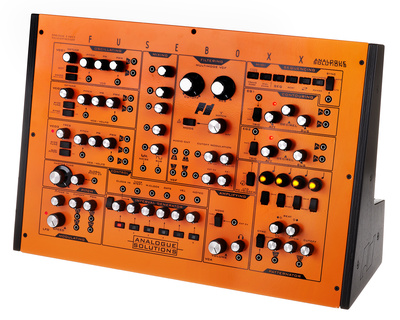
Yamaha CS-80
The Yamaha CS-80 has achieved legendary status as the synth Vangelis used to create some of the breathtaking sounds in his score for Ridley Scott’s Sci-Fi epic, Bladerunner (1982).
The CS-80 offers a dual 8-voice polyphonic synth engine and although it has an impressive range of controls it was soon overshadowed by the SC Prophet 5 and the Oberheim OB-X with far more programmability.
Above all, the CS-80 is loved for its sound and this is what makes it one of the most sought-after synthesizers ever built. Expect to pay around $60,000.
- More about Yamaha
You are currently viewing a placeholder content from YouTube. To access the actual content, click the button below. Please note that doing so will share data with third-party providers.

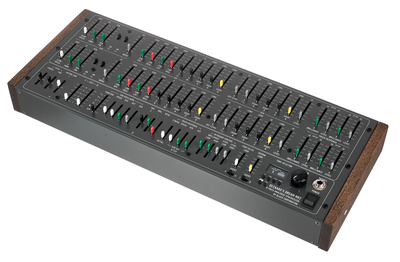
Moog Modular
Introduced in the mid-1960s, the Moog Modular was one of the most versatile modular systems available at the time and it was far more practical and affordable compared to other options like the RCA Mark II which was programmed with punchcards.
Although it was essentially still just a mono synth, the Moog Modular System combined an array of modules ranging from your basic VCO, VCA, VCF, and envelope generator modules to ring modulators, noise generators, and sequencers.
The recent version created was the Emerson Modular System Reissue which was a limited edition, the last unit sold for $150,000 back in 2017.
- More about Moog Music
You are currently viewing a placeholder content from YouTube. To access the actual content, click the button below. Please note that doing so will share data with third-party providers.
More about the Most Expensive Synths:
- All about Synthesizers
- Check out our Sound-alike Series
- Everything Vintage
Videos:
You are currently viewing a placeholder content from YouTube. To access the actual content, click the button below. Please note that doing so will share data with third-party providers.
You are currently viewing a placeholder content from YouTube. To access the actual content, click the button below. Please note that doing so will share data with third-party providers.
*Note: This article contains promotional links that help us fund our site. Don’t worry: the price for you always stays the same! We will receive a small commission if you buy something through these links. We appreciate your support!
2 responses to “Buyer Beware: The Most Expensive Synths of All Time”

 3,4 / 5,0 |
3,4 / 5,0 | 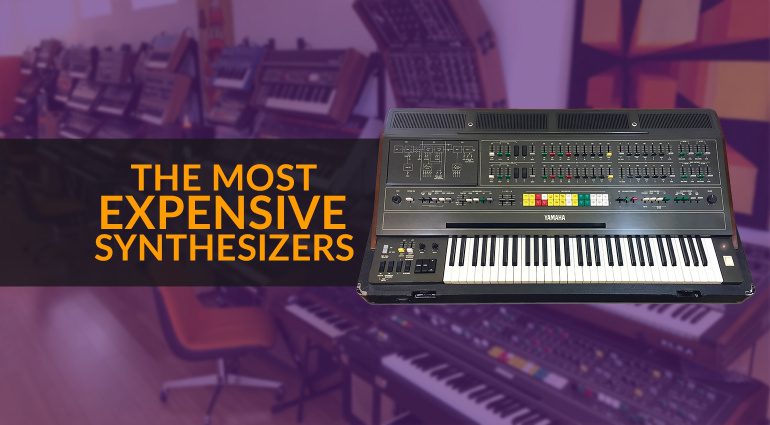


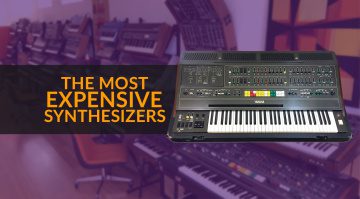

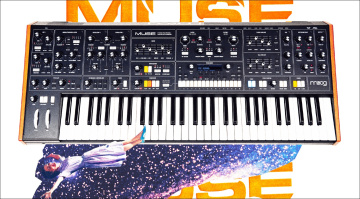
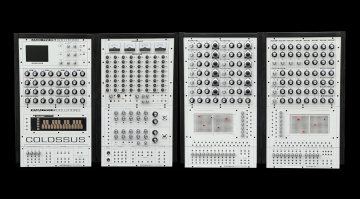
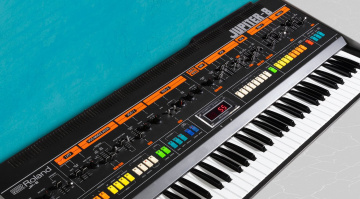
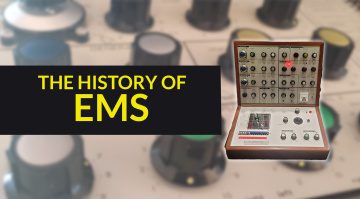

DX1 DX1 DX1 !!!!
DX10 too. Transcendent 2000 is quite rare, especially a well put together one. Even some ‘home keyboards’ and ‘home organs’ from the 70s and 80s are collectable now. You can get the odd thing here and there in charity shops quite cheap, but everyone checks the value so it’s becoming uncommon to find a bargain. Prefer the modern stuff myself, less prone to breakdown and noise.